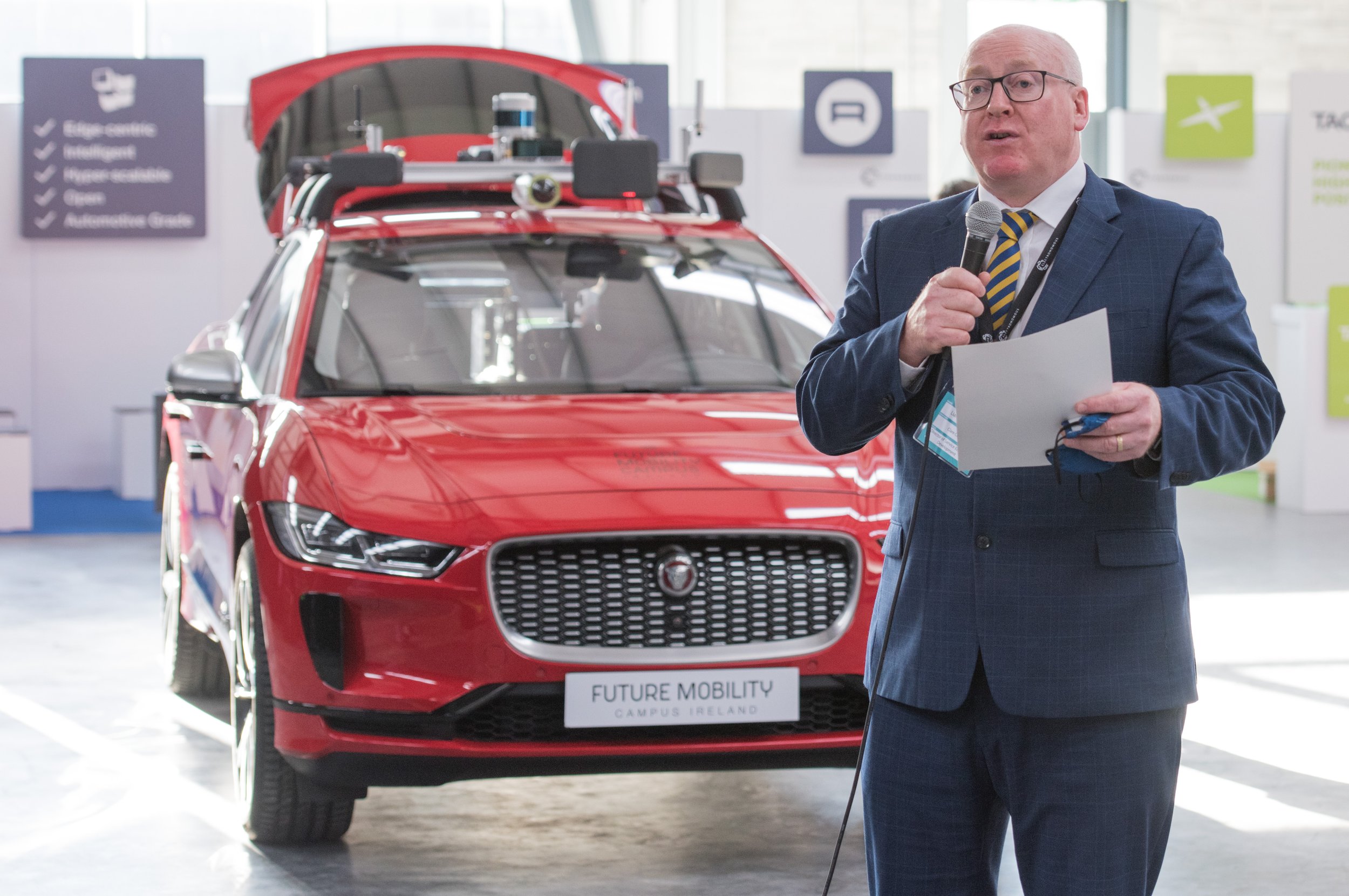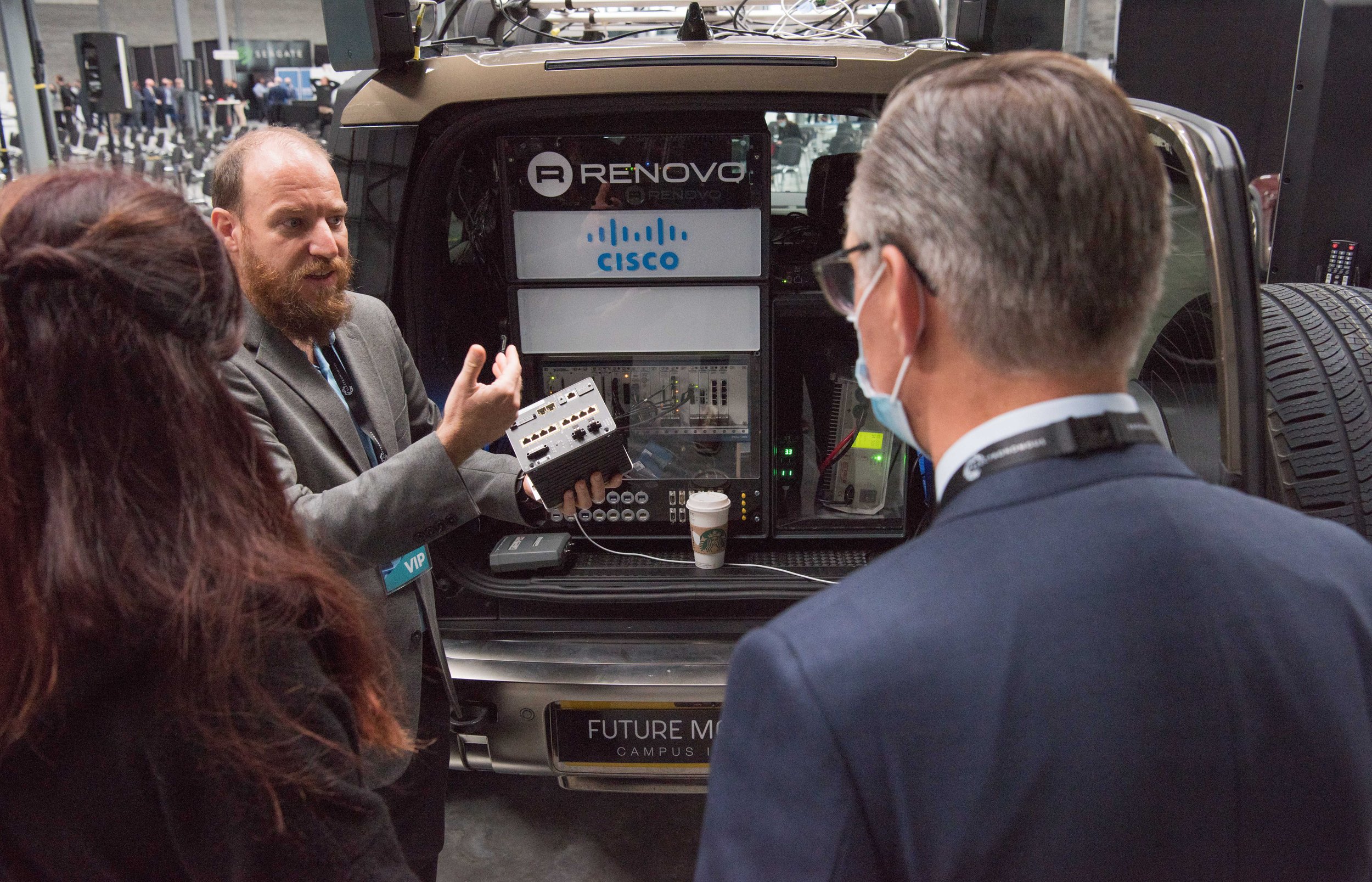What Makes a Good Corporate Event Photographer
A good corporate event photographer is not just someone who can operate a camera well; they are a skilled visual storyteller who understands the dynamics of the event, the client's needs, and the environment in which they are shooting. Their work goes beyond taking pictures—it’s about capturing the essence of the event, conveying the brand’s message, and creating images that can be used across a variety of platforms. Below are key qualities and skills that define a good corporate event photographer.
Understanding the Event and Its Purpose
A good corporate event photographer should have a solid understanding of the event’s goals, audience, and significance. Whether it’s a conference, a gala, a product launch, or a networking event, knowing the purpose allows the photographer to tailor their shots to capture what matters most.
Client Briefing: A top-tier photographer will ask the right questions during the initial briefing to understand the key moments that need to be captured, such as speeches, awards, networking sessions, or product showcases.
Target Audience: Understanding who the event is for—employees, clients, potential partners—helps the photographer focus on specific types of shots that will resonate with the audience and reflect the event's tone.
Technical Proficiency
The foundation of a good photographer’s skill set is technical proficiency with their gear. Corporate events are dynamic, often involving poor lighting conditions, moving subjects, and varying levels of interaction. The photographer must be able to handle these challenges without losing quality in their images.
Camera Knowledge: A good corporate event photographer knows how to use their camera's manual settings—shutter speed, aperture, ISO—effectively to adapt to the environment.
Lens Selection: The ability to choose the right lens for the job is key. A wide-angle lens works for large group shots or wide event scenes, while a fast prime lens (e.g., 50mm f/1.8) is ideal for portraits and low-light situations.
Lighting Expertise: Often, corporate events are in venues with poor or inconsistent lighting. A good photographer knows how to use external flashes, softboxes, or ambient light to balance exposure and create flattering lighting without being intrusive.
Post-Processing Skills: Editing is a significant part of the process. A good photographer knows how to correct exposure, adjust white balance, crop images, and enhance details while maintaining a natural look.
Attention to Detail
Corporate events are often filled with small, yet important moments and details that tell the full story of the event. A skilled photographer should be able to spot these moments and capture them in a way that supports the larger narrative.
Details Matter: Close-up shots of speakers, audience reactions, decor, awards, or food setups add depth to an event’s documentation and help tell a more complete story.
Candid Moments: The best moments at corporate events often happen spontaneously. A good photographer has a keen eye for capturing authentic, candid expressions—whether it’s laughter, concentration, or a handshake that signifies a partnership.
Adaptability and Quick Thinking
Corporate events are fast-paced, and things often don’t go according to plan. A good photographer must be able to think on their feet and adapt to changing situations.
Anticipating Key Moments: Whether it’s a keynote speech, award ceremony, or networking session, a skilled photographer anticipates key moments and positions themselves in a way that allows them to capture the action from the best angle.
Quick Adjustments: Lighting may change, or key moments may happen unexpectedly. A photographer needs to adjust quickly—whether it’s shifting settings, moving locations, or finding new angles.
Dealing with Obstacles: In crowded environments, like trade shows or conferences, it’s important for the photographer to navigate around obstacles like people, tables, or booths to get the right shot.
Discretion and Professionalism
Corporate events often involve high-profile individuals, employees, clients, or dignitaries. A good photographer knows how to blend in with the crowd and be unobtrusive while still capturing intimate or important moments.
Non-Intrusive: The best corporate event photographers are almost invisible—capturing candid moments without disturbing the flow of the event. They know when to step forward for a key shot and when to hold back to avoid disrupting the scene.
Respecting Privacy: Corporate events often involve sensitive information or personal moments. A professional photographer knows when to step back and give people their space and respects any requests for privacy.
Professional Behavior: This includes being punctual, well-prepared, and respectful to clients and guests. A good corporate event photographer is always prepared with backup gear, extra batteries, and memory cards.
Creativity and Composition
While technical skills are crucial, creativity sets great corporate event photographers apart. Creative shots can elevate an otherwise standard image, adding depth and interest to the visual story of the event.
Composition Mastery: A good photographer understands the rule of thirds, leading lines, and how to frame subjects in an engaging way. This results in photographs that are aesthetically pleasing and impactful.
Variety of Shots: A good photographer will capture a variety of shots, from wide-angle crowd shots to intimate close-ups. They’ll make sure to mix candid moments with formal portraits, capturing both the atmosphere and key individuals.
Environmental Portraits: Many corporate events include speeches or panels where the speaker’s surroundings are integral to the shot. A creative photographer can use the environment—whether it’s a modern conference room or a stylish hotel ballroom—to enhance the subject’s visual presence.
Time Management and Efficiency
Corporate events often have tight schedules, so a good photographer must be efficient in managing their time. Whether they’re covering a full-day conference or a brief networking session, they need to ensure they capture all the key moments within the limited time frame.
Plan Ahead: A good photographer knows when the important moments are likely to occur and plans their approach accordingly. They don’t waste time on trivial shots but focus on what matters.
Speed of Delivery: In some cases, corporate event photographers are required to provide quick-turnaround images for press releases, social media, or internal use. Being able to select, edit, and deliver high-quality images promptly is an essential skill.
Communication Skills
Effective communication is crucial for understanding the client’s needs and ensuring the photographer is aligned with the event’s objectives. The ability to take direction and offer advice when needed can greatly improve the quality of the event’s photography.
Pre-Event Briefing: A professional photographer should engage in clear communication with the event organizers to fully understand the goals, schedule, and key moments.
Client Interaction: After the event, a good photographer can engage with clients, offering additional photos, advice, or follow-up suggestions for how the images might be used.
Experience and Reputation
Experience plays a significant role in making a good corporate event photographer. Seasoned photographers have seen various event scenarios and learned how to handle them with professionalism.
Portfolio: A strong portfolio of past corporate event work can give potential clients an insight into the photographer’s style, technical skills, and creativity.
Client Testimonials: Positive reviews or referrals are a sign of a trusted photographer who has successfully captured important events in the past.
Conclusion
A good corporate event photographer is much more than someone with a camera—they are a visual storyteller who brings an event to life through their images. With technical expertise, creativity, and professionalism, they ensure that key moments are captured in a way that aligns with the company’s goals and brand identity. Whether it’s through candid moments, polished portraits, or vibrant event atmospheres, the right photographer can create images that resonate long after the event ends, enhancing the company’s reputation, marketing efforts, and internal culture.



